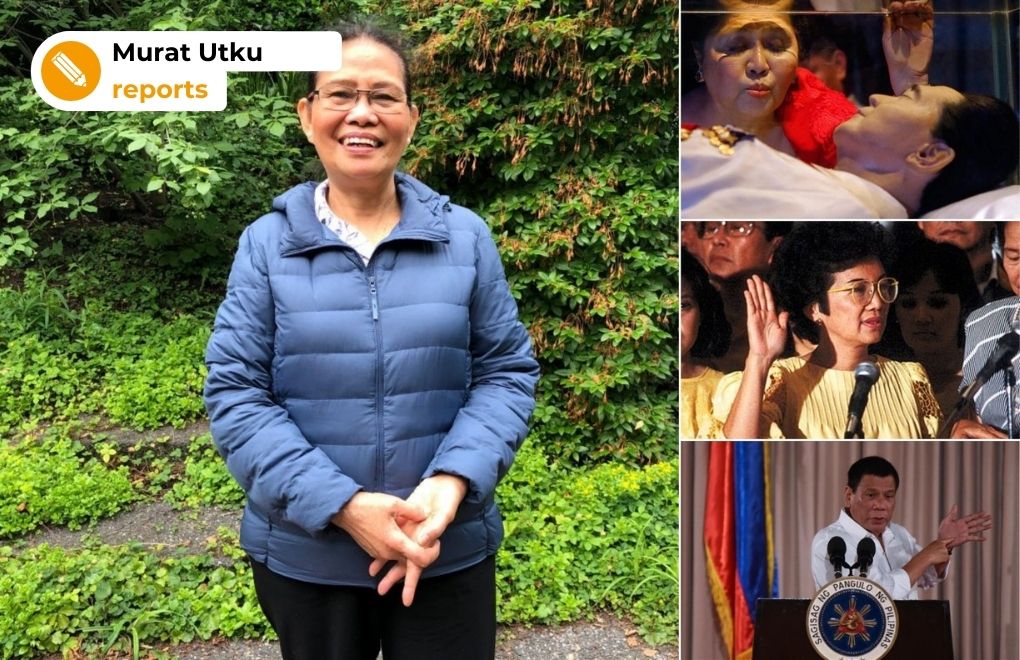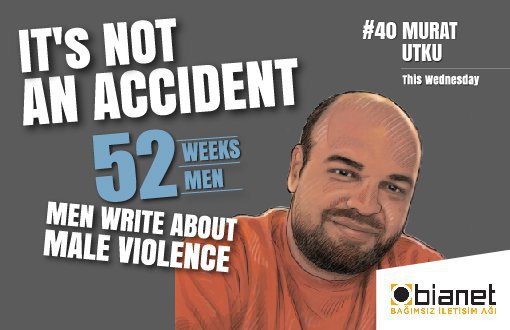Although Turkey was one of the first signatories of the 1951 Geneva Convention , it is one of the countries, which obstruct the application of the agreement.
According to the convention, a refugee is anyone who is forced to leave his/her country based on a justified fear of oppression due to race, religion, nation, political thought or membership in a social group.
However, when the enforcement of refugee policy was at stake, Turkey added a clause about "geographical disadvantage". This clause allows Turkey to accept refugees from European countries but to deny the right of refuge to people from the East or Africa. Thus, for instance, refugees from Africa, Bangladesh and Indonesia, and opposers of the regime in Iran have to apply to the United Nations High Commission of Refugees (UNHCR). Should the UNHCR grant refugee status, those people are placed in third countries.
Thus, Turkey has achieved the image of a "stepping stone" to Europe for refugees. Because people fleeing to Turkey cannot achieve refugee status in Turkey, they try to reach Europe from there.
The UNHCR and the EU are both applying pressure on Turkey to lift the "geographical disadvantage" clause. Although there has been no result so far, Turkey may be forced to make legal changes. The topic will certainly come up in accession talks with the EU.
The people who are refused refugee status in Turkey fall into the hands of people smugglers, are left to die in the middle of the Aegean Sea, live under the worst-imaginable conditions in shanty towns in Istanbul without the rights of refugees elsewhere, and are forced to work illegally.
Refugee rights
The 1951 Geneva Convention lists the rights that the signatories have to grant refugees. Legally resident refugees are to be treated in the same way as citizens of the country. This includes rights to family aid, a minimum wage, overtime payments, paid holidays, limits to work taken home, and apprenticeships and professional education.
In addition, legally resident refugees have social security have the same rights as legally resident foreigners, i.e. the right to choose a place of residence freely, to travel freely, and to receive a refugee ID card if they do not own a travel document.
The Geneva Convention also commits the signatories to supplying travel documents to legally resident refugees and not to deport them as long as they do not threaten national security or the legal order
Why does Turkey resist?
It is thought that all these obligations place a fiscal burden on Turkey. The governments and parliament are afraid of the costs of granting rights, social security and the right to education.
Although the Turkish parliament and the Ministries of Justice and of Foreign Affairs have negotiated these issues with EU representatives in the last few years, there has been no result yet.
At the same time, the EU is putting pressure on Turkey to stop the refugee flow to Europe coming through Turkey. However, because of political conflicts within Turkey, the necessity to find a solution to the Kurdish problem, and the disinclination of governments to deal with the issue, the topic of refugees is kept silent on.
Refugees are thus forced to live in specially prepared camps or to live in very bad conditions in the shanty towns of big Turkish cities.
In order to receive better marks for human rights, Turkey must develop a modern refugee policy at once and honour the international agreements it has put its signature to. (MU/BA/AG/EÜ)












